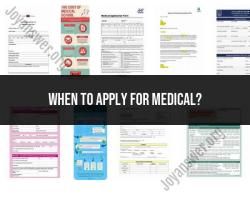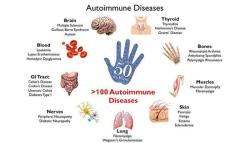What does a VA nurse do?
A VA (Department of Veterans Affairs) nurse plays a crucial role in providing healthcare services to veterans in the United States. Their roles and responsibilities are diverse and encompass various aspects of patient care and support within the VA healthcare system. Here are some of the key duties and responsibilities of a VA nurse:
Patient Assessment: VA nurses perform comprehensive health assessments on veterans, including physical exams, medical history reviews, and assessments of vital signs. They use this information to develop individualized care plans.
Treatment and Medication Administration: VA nurses administer medications, treatments, and therapies as prescribed by healthcare providers. They monitor patients for adverse reactions and ensure that they receive the right medications at the correct dosages.
Patient Education: Nurses provide patient education on various health topics, including medication management, disease management, preventive care, and lifestyle changes. They empower veterans to take an active role in their healthcare.
Emergency Care: VA nurses are trained to respond to medical emergencies and provide immediate care to veterans in critical situations. They may administer life-saving interventions and coordinate with other healthcare professionals during emergencies.
Chronic Disease Management: Many veterans have chronic health conditions. Nurses assist in managing these conditions by monitoring symptoms, conducting follow-up appointments, and offering support to help veterans manage their conditions effectively.
Wound Care: VA nurses are skilled in wound care and often work with veterans who have injuries, surgical wounds, or chronic wounds. They clean, dress, and monitor wounds to facilitate healing.
Mental Health Support: VA nurses play a vital role in mental health care, especially for veterans with conditions such as PTSD (Post-Traumatic Stress Disorder). They may provide counseling, therapy, and support to veterans experiencing mental health challenges.
Rehabilitation: Nurses assist veterans in their rehabilitation efforts, helping them regain function and independence after injuries or surgeries. This may include physical therapy, occupational therapy, and mobility training.
Preventive Care: VA nurses promote preventive care measures, such as vaccinations and screenings, to help veterans maintain good health and prevent illnesses.
Care Coordination: VA nurses collaborate with other healthcare professionals, including physicians, therapists, and social workers, to ensure veterans receive comprehensive and coordinated care. They may also help veterans access additional services, such as social services and support groups.
Documentation: Nurses maintain detailed patient records, documenting assessments, treatments, and patient responses. Accurate record-keeping is essential for continuity of care and ensuring that veterans receive appropriate treatment.
Advocacy: VA nurses advocate for the needs and rights of veterans, helping them navigate the healthcare system, access benefits, and receive timely care.
Research and Education: Some VA nurses engage in research projects and contribute to the advancement of healthcare knowledge. They may also be involved in educating future healthcare professionals.
VA nurses work in various settings within the VA healthcare system, including VA hospitals, clinics, long-term care facilities, and home-based care. Their commitment to serving veterans and ensuring they receive high-quality healthcare is a fundamental aspect of their role.













